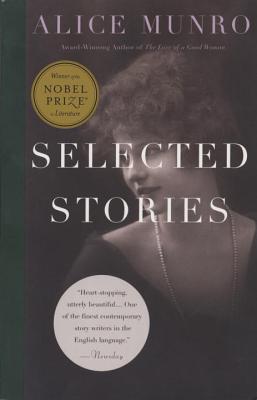At the Atlantic, author Jim Shepard looks at Flannery O’Connor’s famous short story “A Good Man is Hard to Find” and what it tells us about character epiphanies. As much as we may want characters to have epiphanies that change their lives for the better, these moments of clarity don’t always last–just like in real life. You tackle a pile of Valentine’s Day candy, get sick and vow to give up chocolate forever, and soon you’re back on the chocolate horse. (Mmm…anyone want chocolate now?) Humans are used to running into the same problem again and again.
But that doesn’t mean epiphanies aren’t worthwhile in fiction As Shepard says:
“But you still don’t want to write them off. The fact that there’s a brevity to human connection and human empathy—the fact that it goes away—might make you feel that we should not make a big deal that it was there at all. But of course we can’t do that. We have to value the moments when a person is everything we’d hope this person would be, or became briefly something even better than she normally is. We need to give those moments the credit they’re due. The glimpse of this capacity is part of what allows you to write characters who are so deeply flawed. Given that so much great literature is about staggering transgression, knowing that that capability of striving for something better is crucial for keeping you reading.”
Epiphanies aren’t so much about change as they are about hope. The possibility of being better. Striving to overcome our flaws. It’s a nice balance to those deep flaws that make so many characters so interesting.
So what does that mean for YA fiction? One thing I like about YA is that it’s essentially a coming-of-age genre. How can characters make choices and have realizations that define their lives while acknowledging that epiphanies aren’t necessarily life-changing? As with any fiction, it’s about the hope. And a lot of times, I think YA provides a greater capacity for hope. It’s okay if your characters aren’t perfect, changed people by the end of the book. They’re still going to run into problem and resort to old behaviors. They haven’t figured everything out yet–and that’s okay. But they’re learning and they’re growing. Even if this story encapsulates the most important moments of their lives, they’re still going to spend the rest of their lives making mistakes and learning from them. YA provides an opportunity to look at lots of first epiphanies as teen narrators navigate the world and their own challenges and strengths for the first time.
In general, I like fiction with complicated characters who don’t always get the easy out. But that doesn’t mean we can’t get a satisfying ending, either. It’s all about the hope that we can be better.
 1. The Complete Short Stories by Ernest Hemingway
1. The Complete Short Stories by Ernest Hemingway


